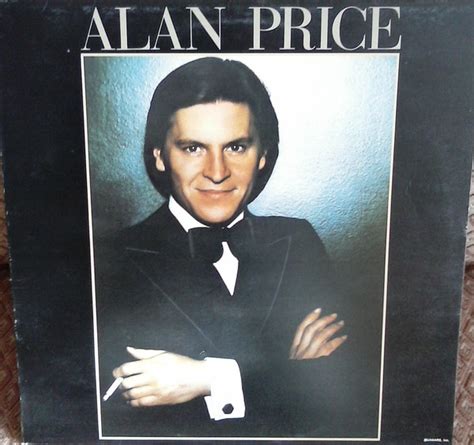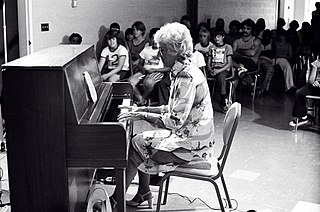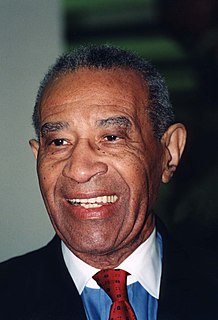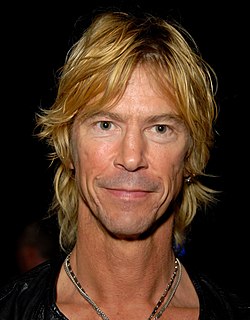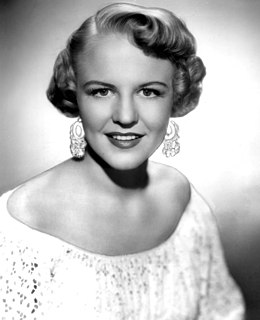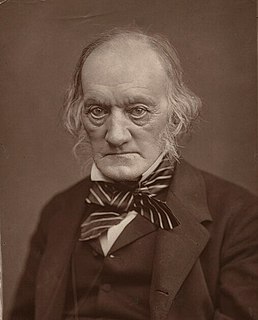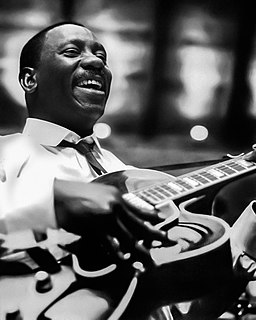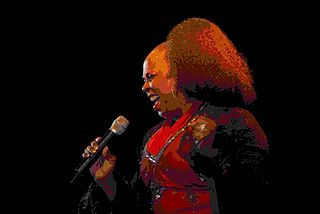A Quote by Alan Price
I tend to think of the organ as part of the rhythm section, rather than a frontline voice.
Related Quotes
I can't get very excited about a musician who can do Art Tatum because I've got the Art Tatum records. I want to hear him take that and do something that hasn't been done. And there's enough of that going around that keeps the music very exciting. There's so many great young players coming out. I think we're in some kind of renaissance, especially in the rhythm section. I mean the musicians on drums and bass and guitar are really trying to figure out different ways to bring a rhythm section together.
The Post-Dispatch will serve no party but the people; be no organ of Republicanism, but the organ of truth; will follow no causes bit its conclusions; will not support the Administration, but criticize it; will oppose all frauds and shams wherever or whatever they are; will advocate principles and ideas rather than prejudices and partisanship.
Whether I'm performing or directing, I'm aways thinking about rhythm; sometimes it's nailing the right rhythm, and sometimes it's intentionally breaking the rhythm. Those two things are what make something funny or not. How long a shot is and where you put the camera are all part of that rhythm of directing.
